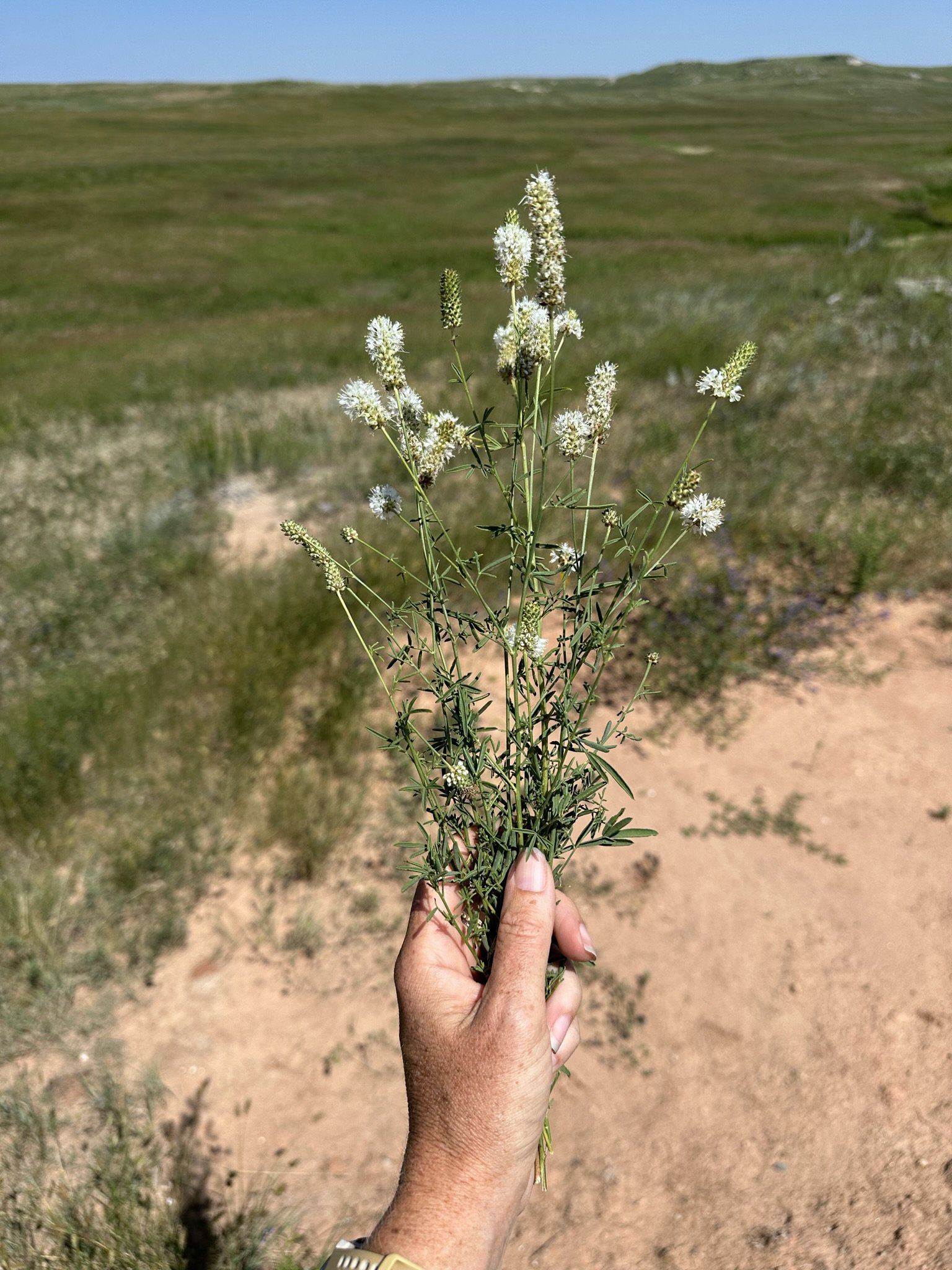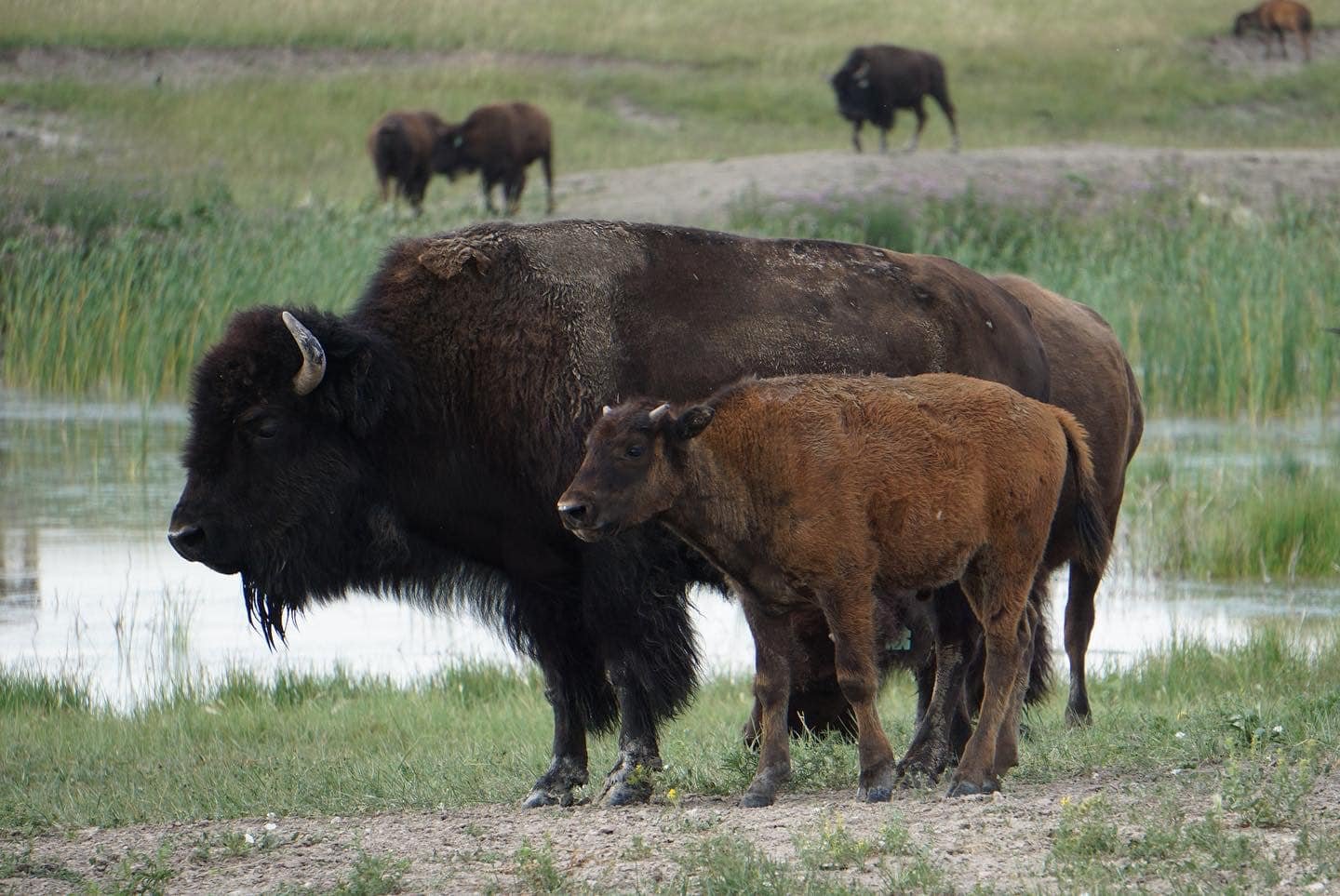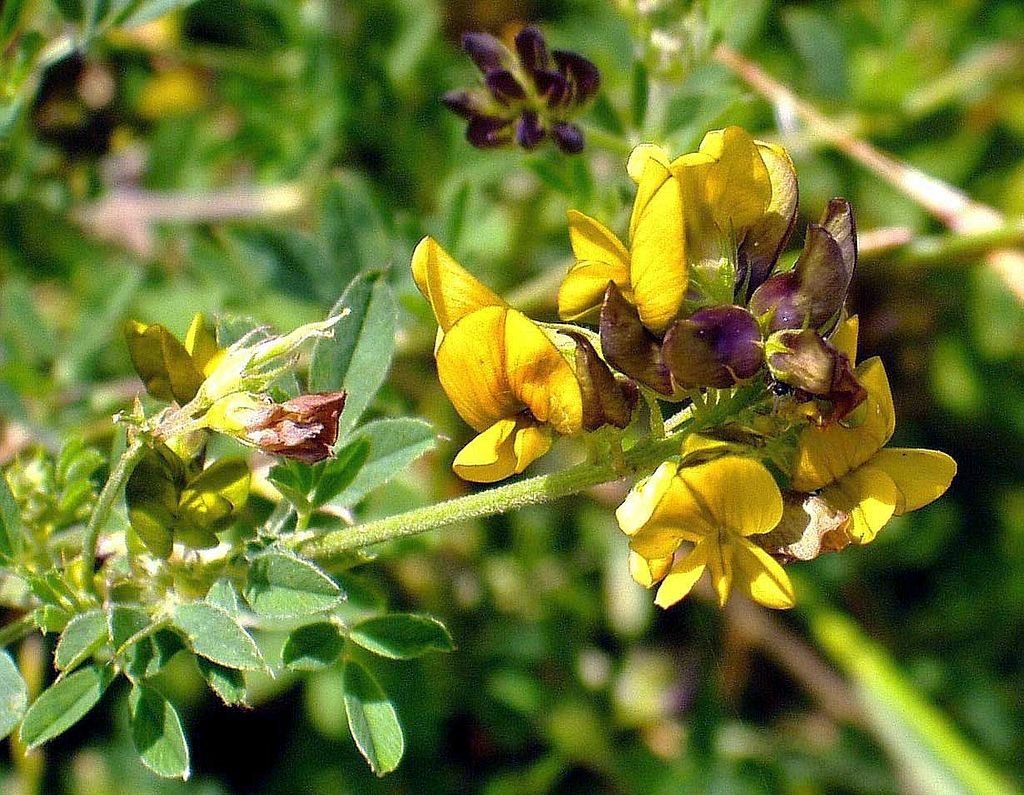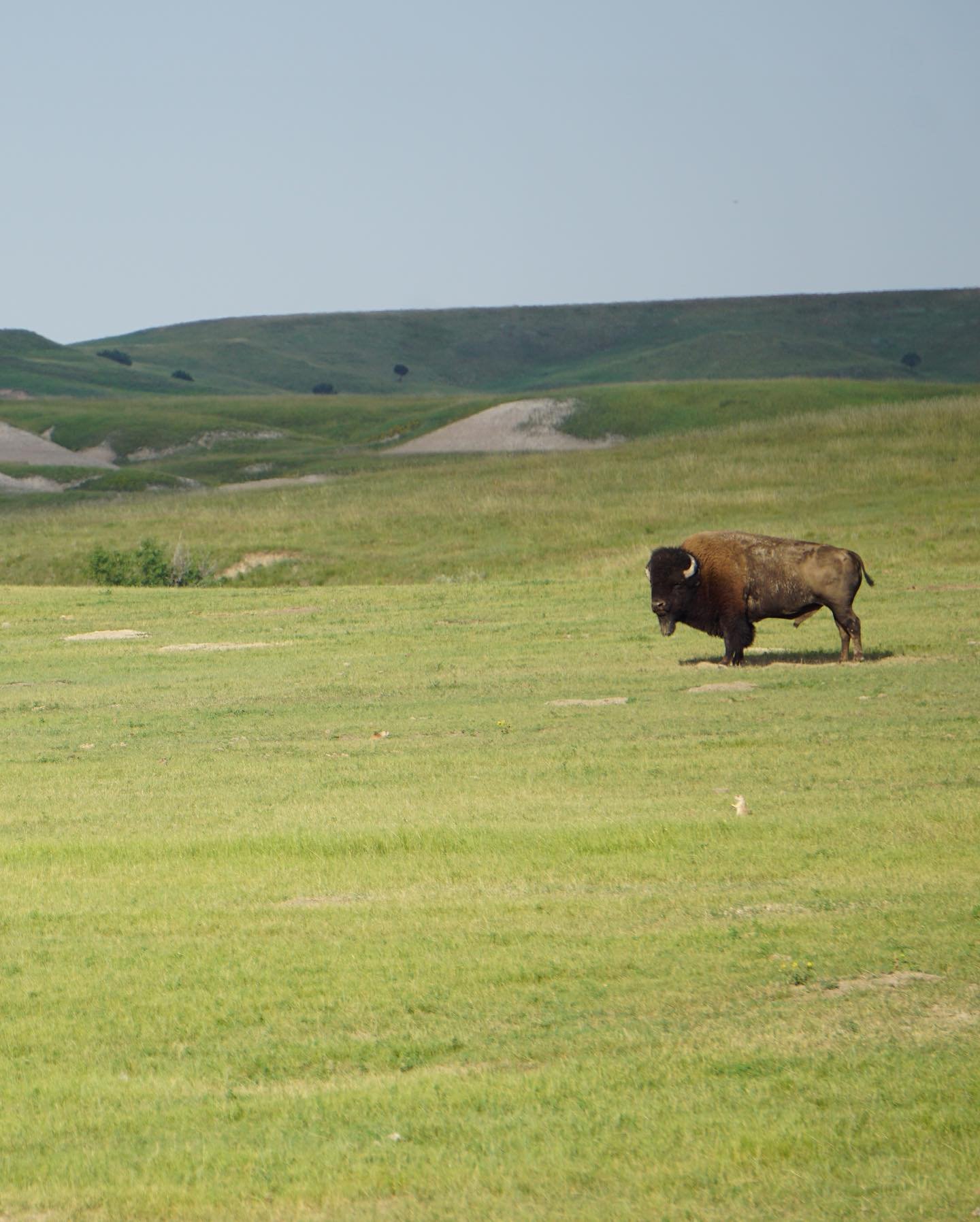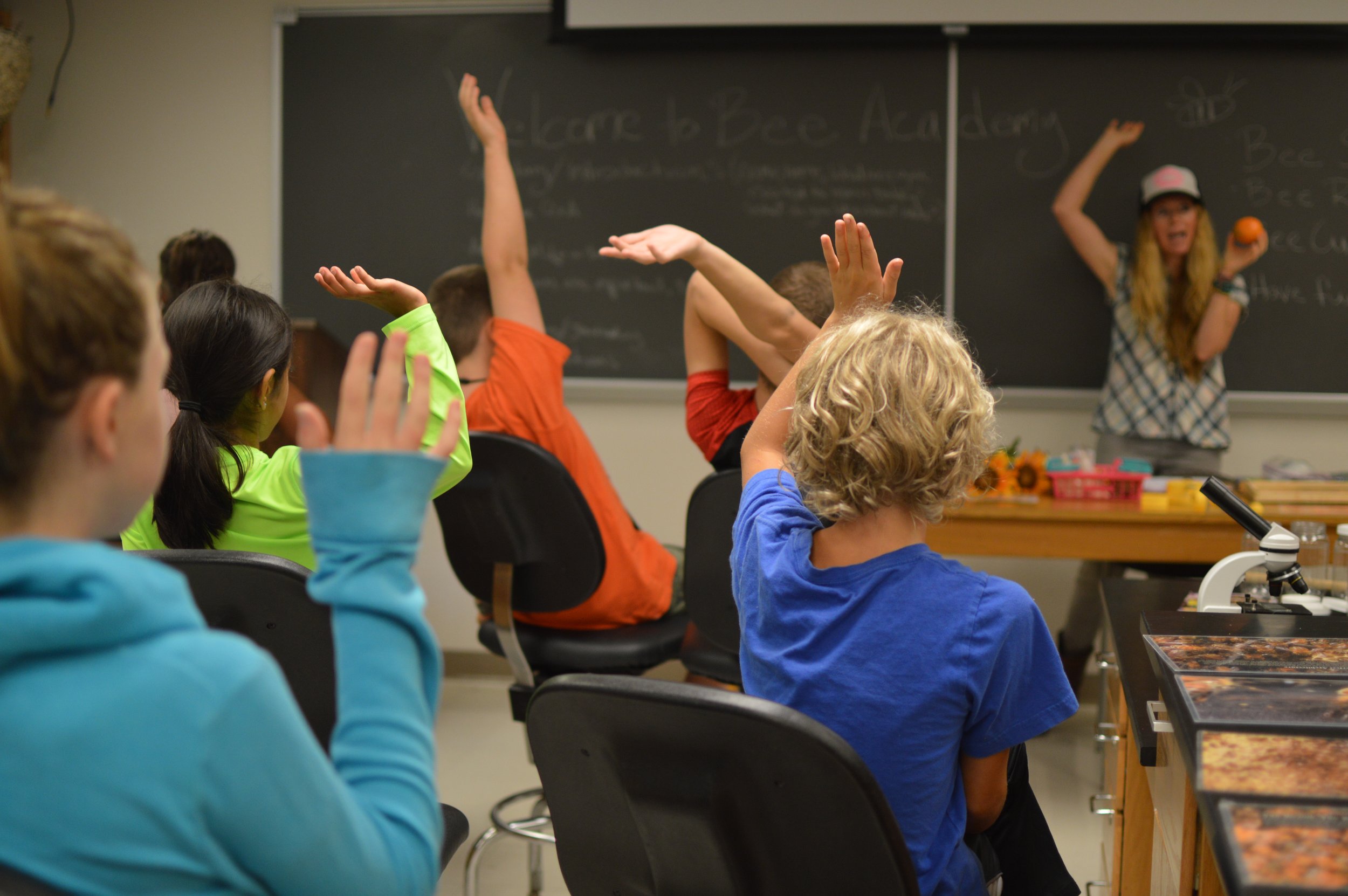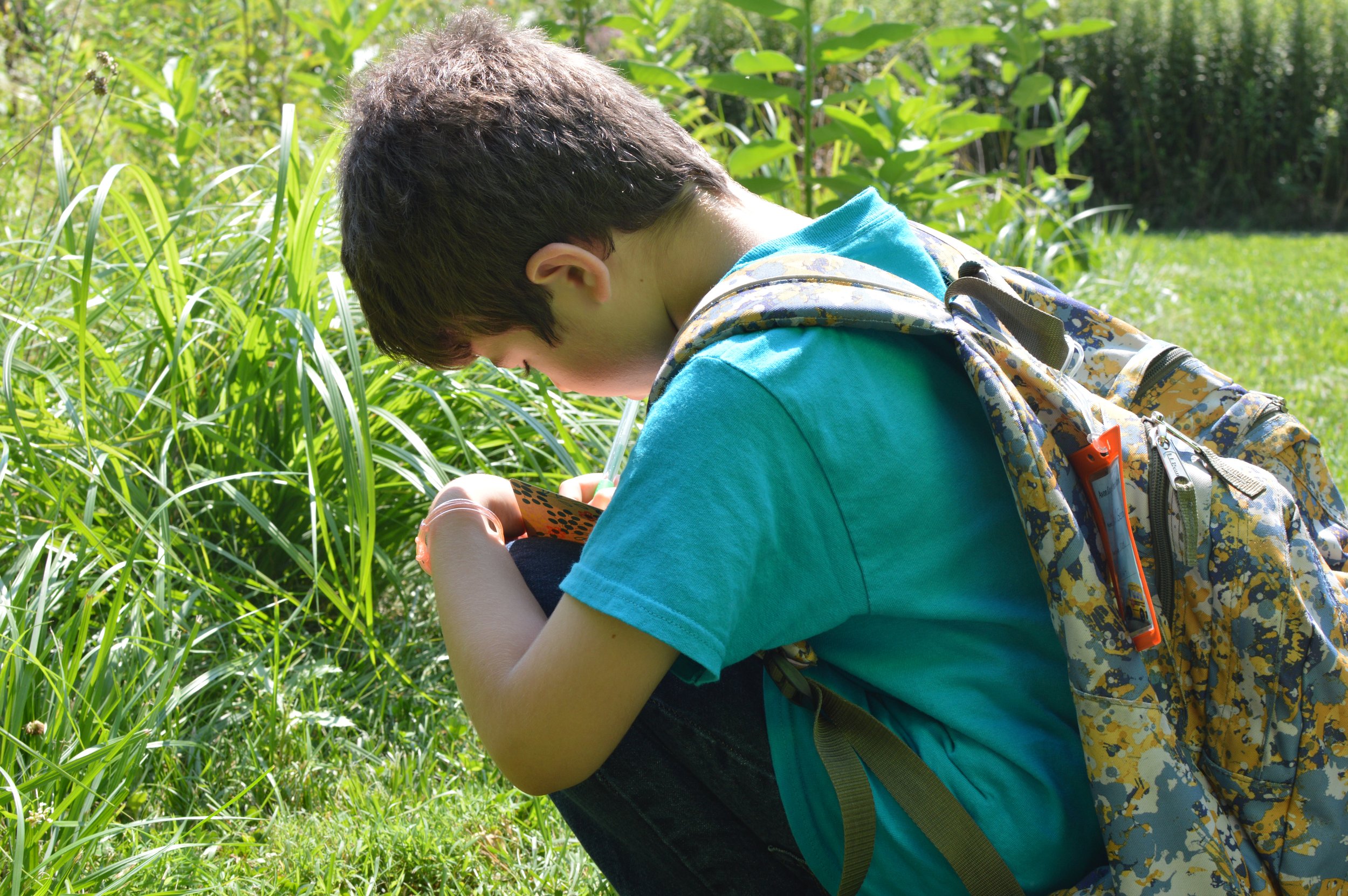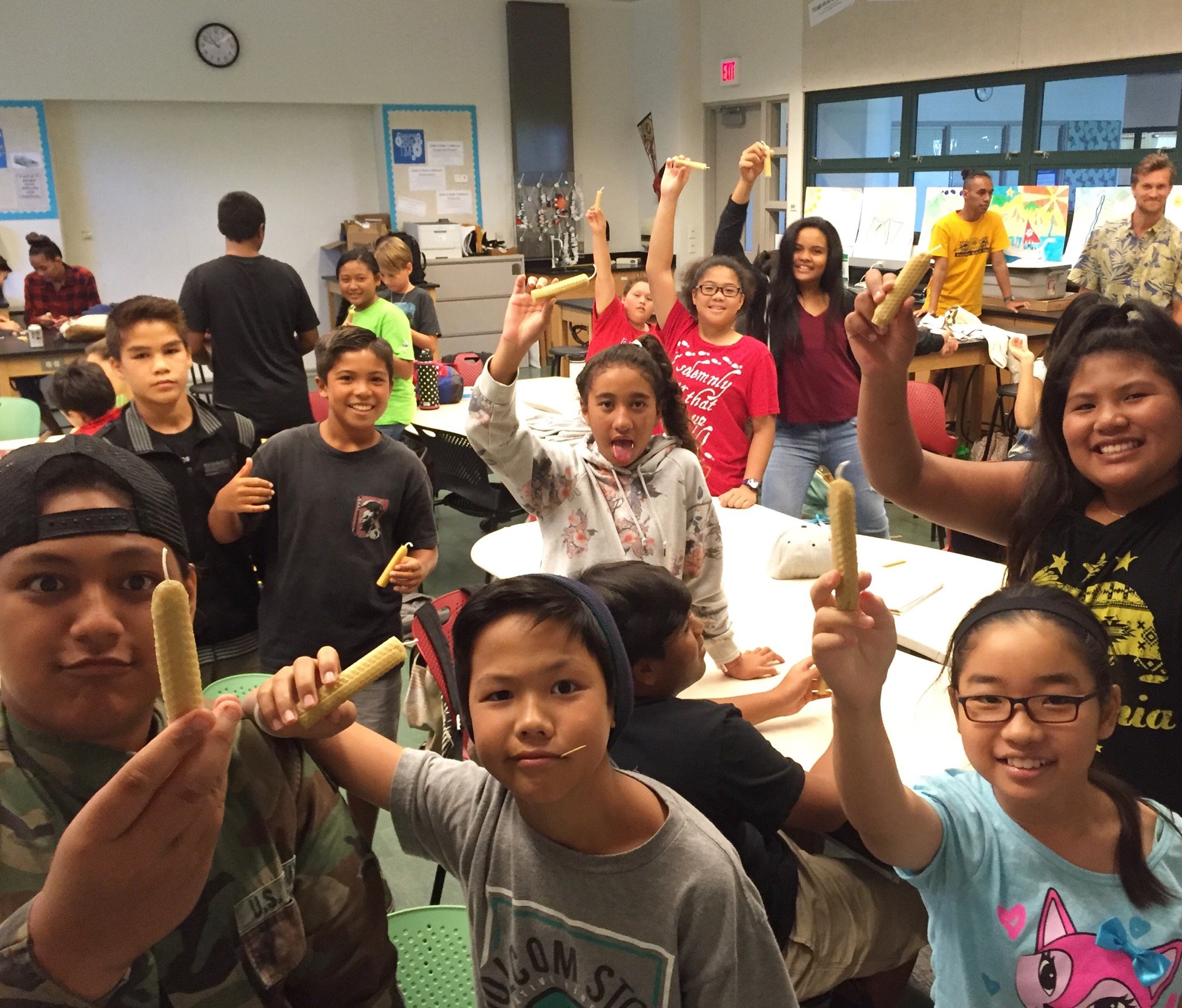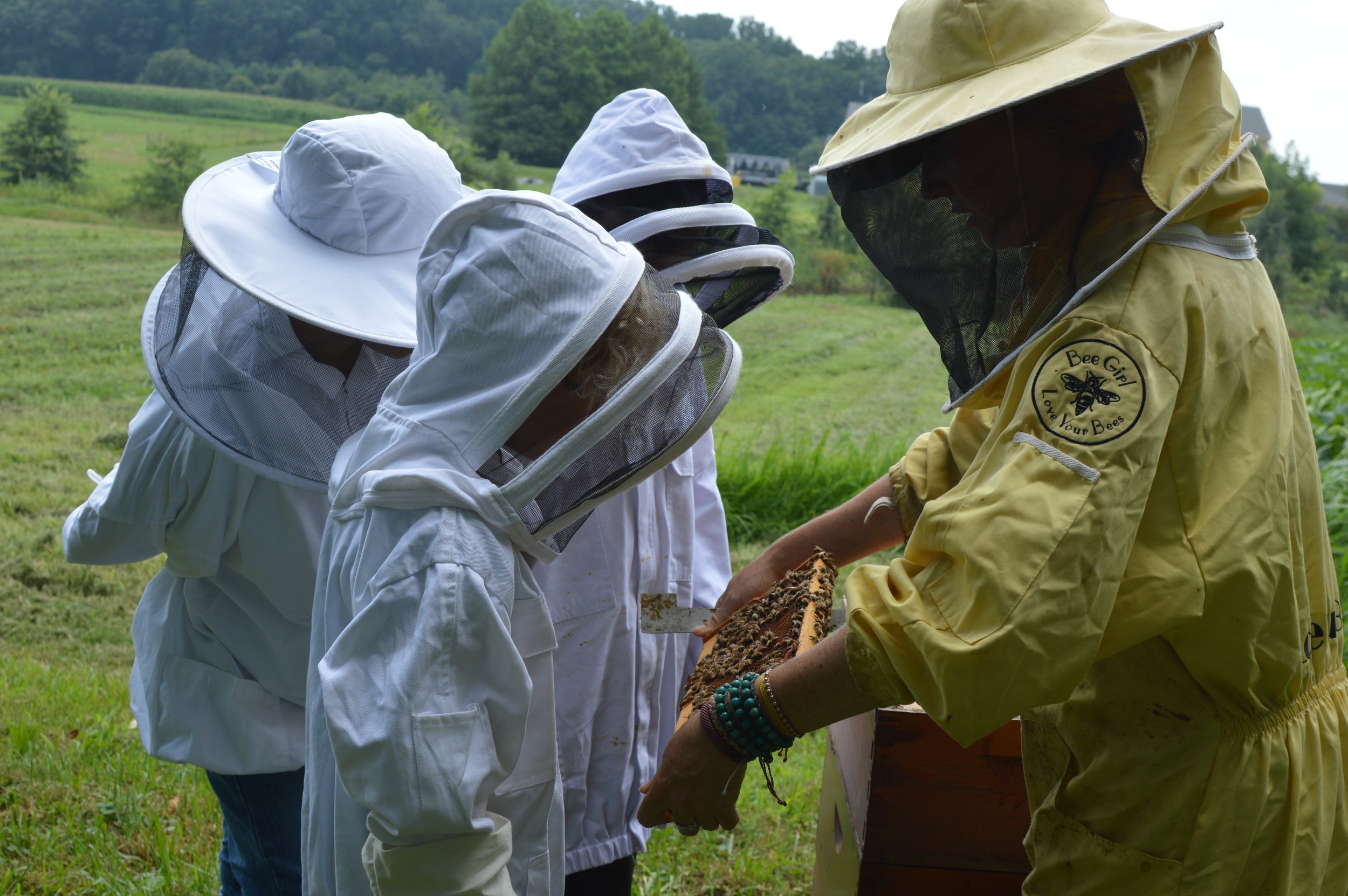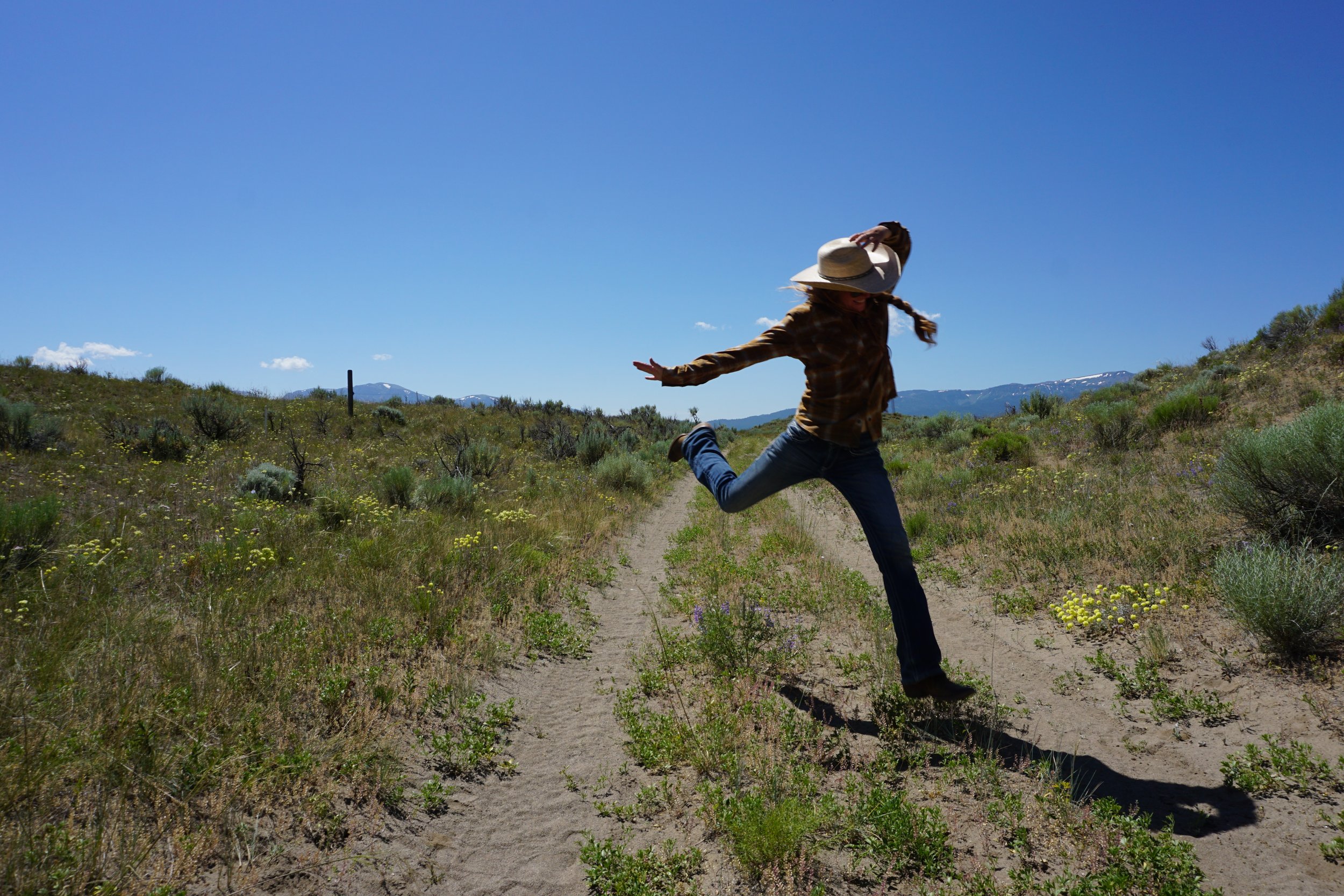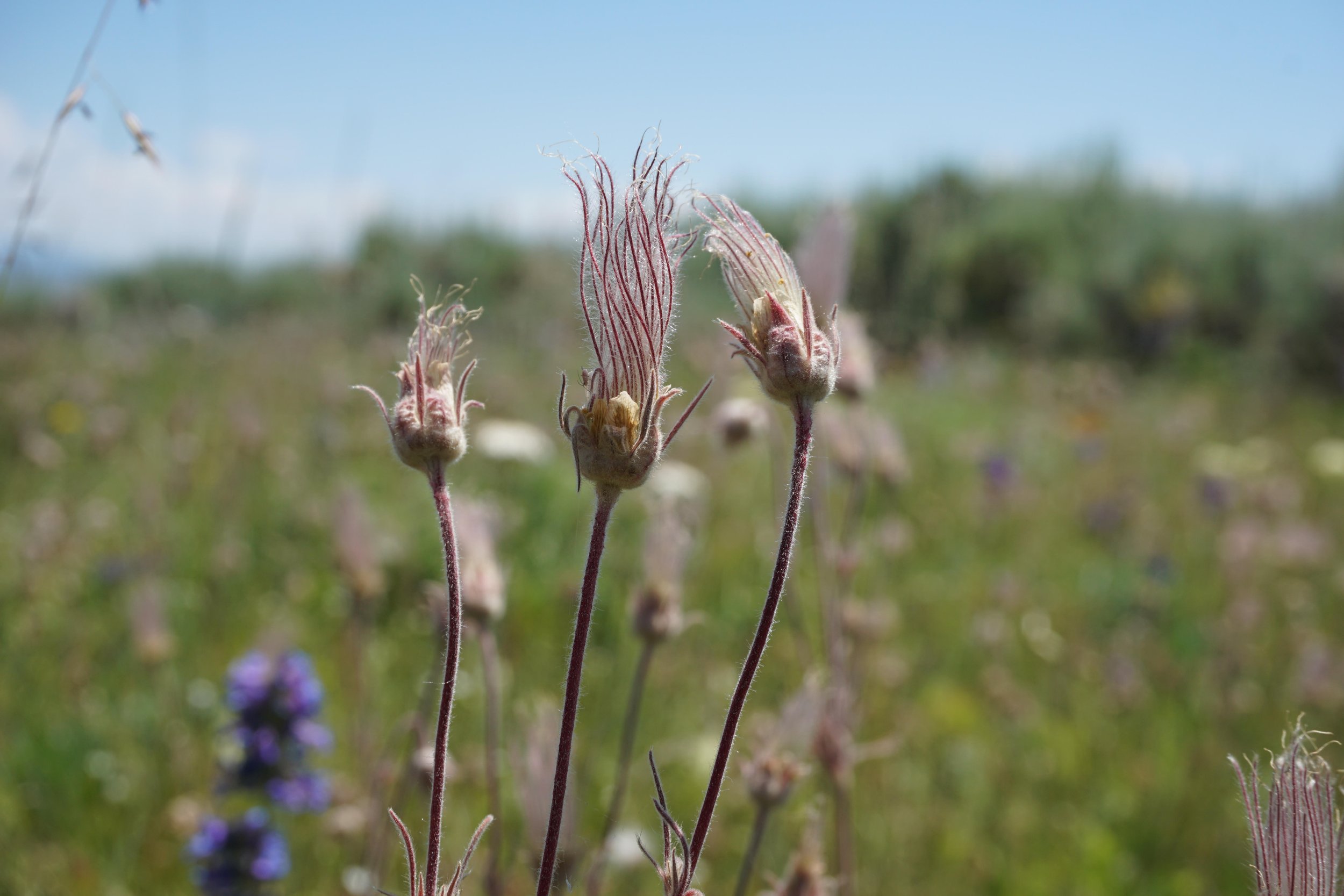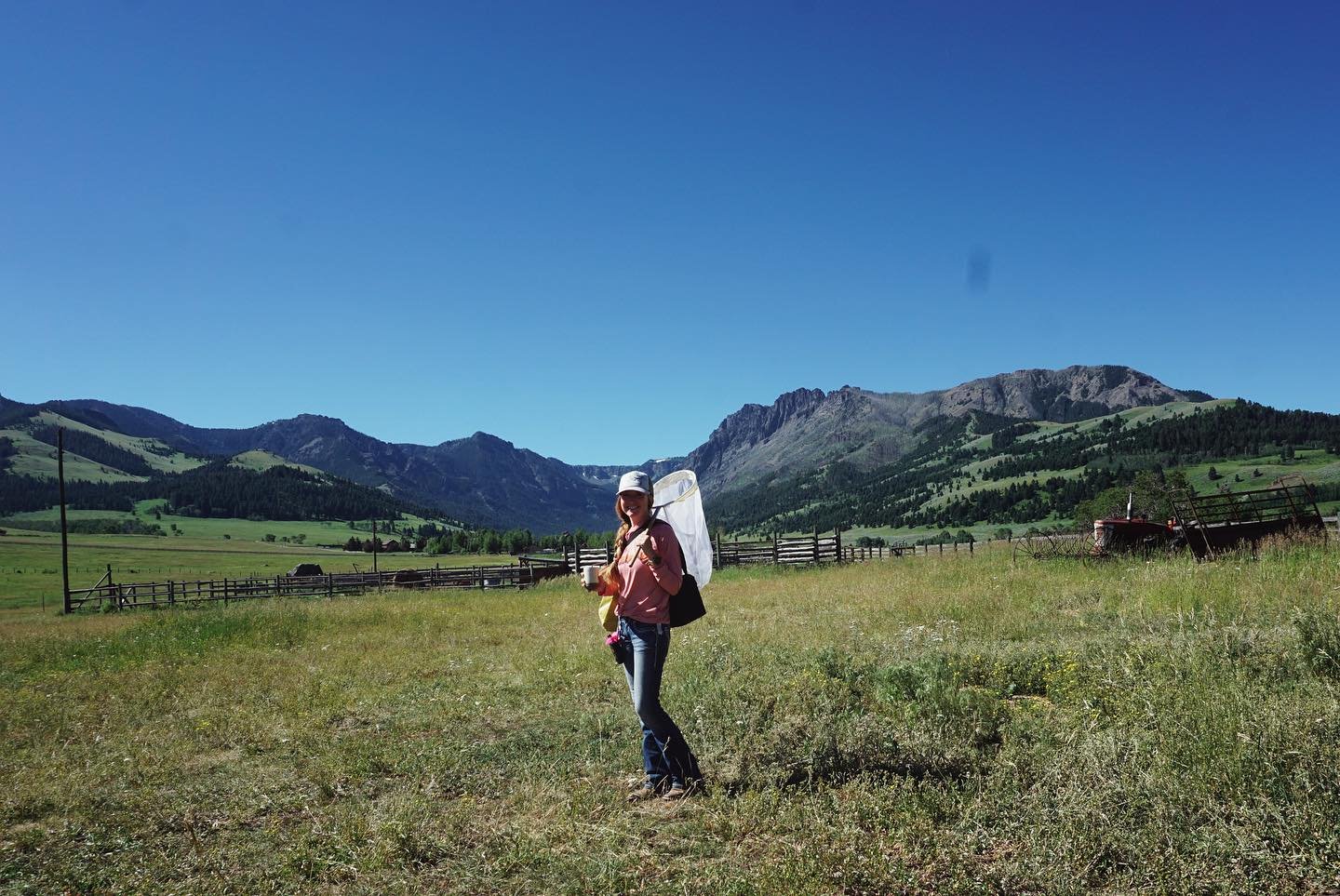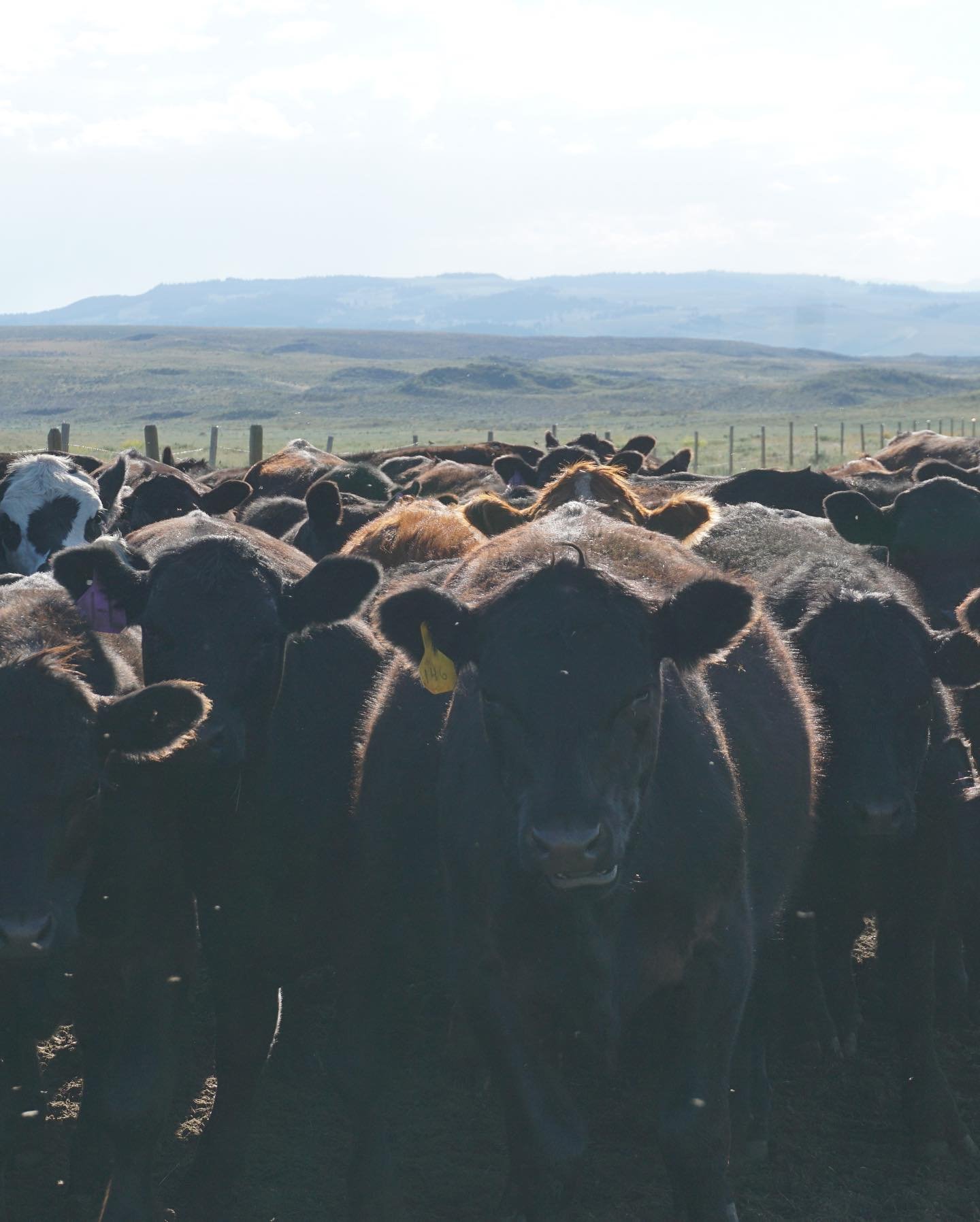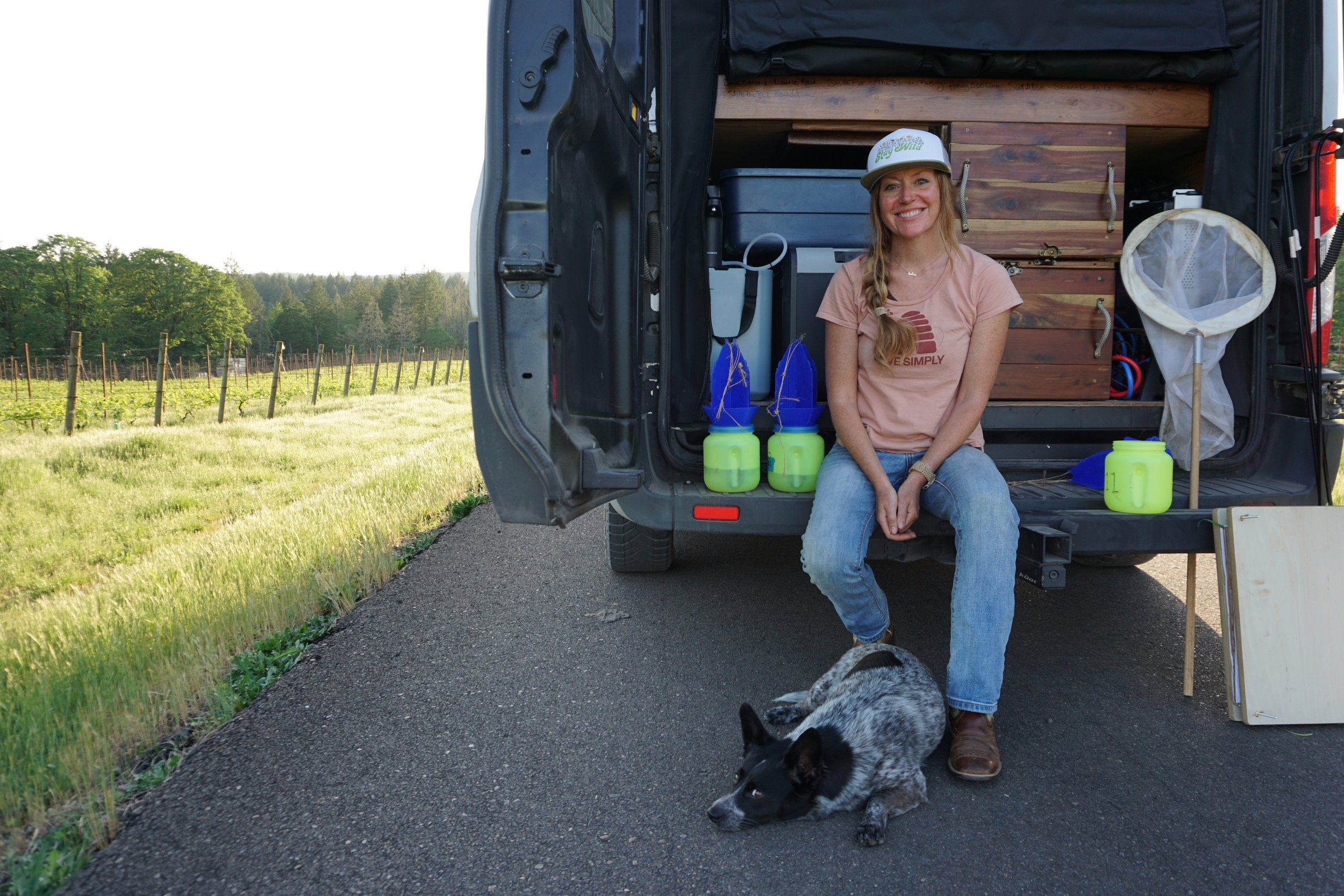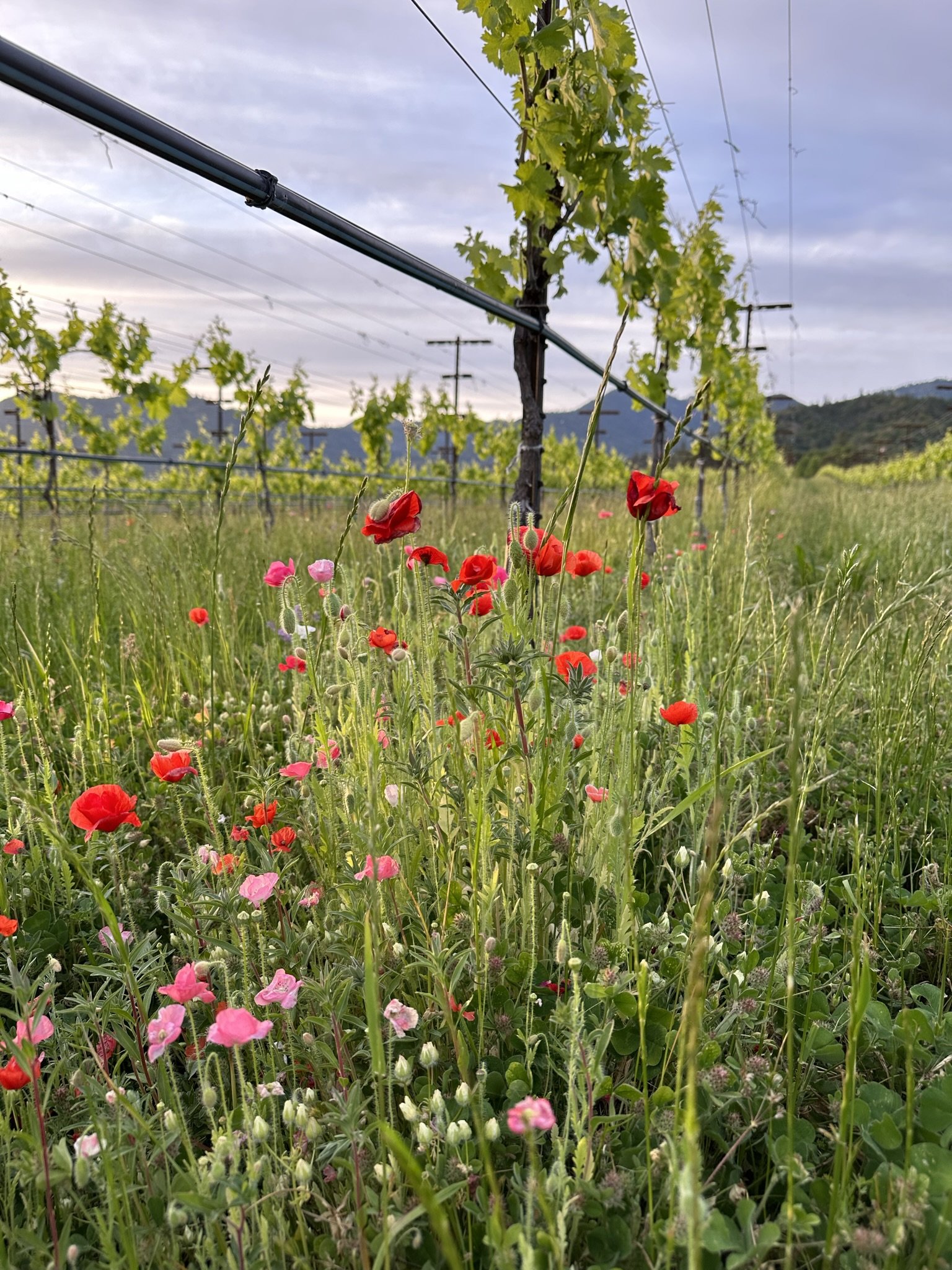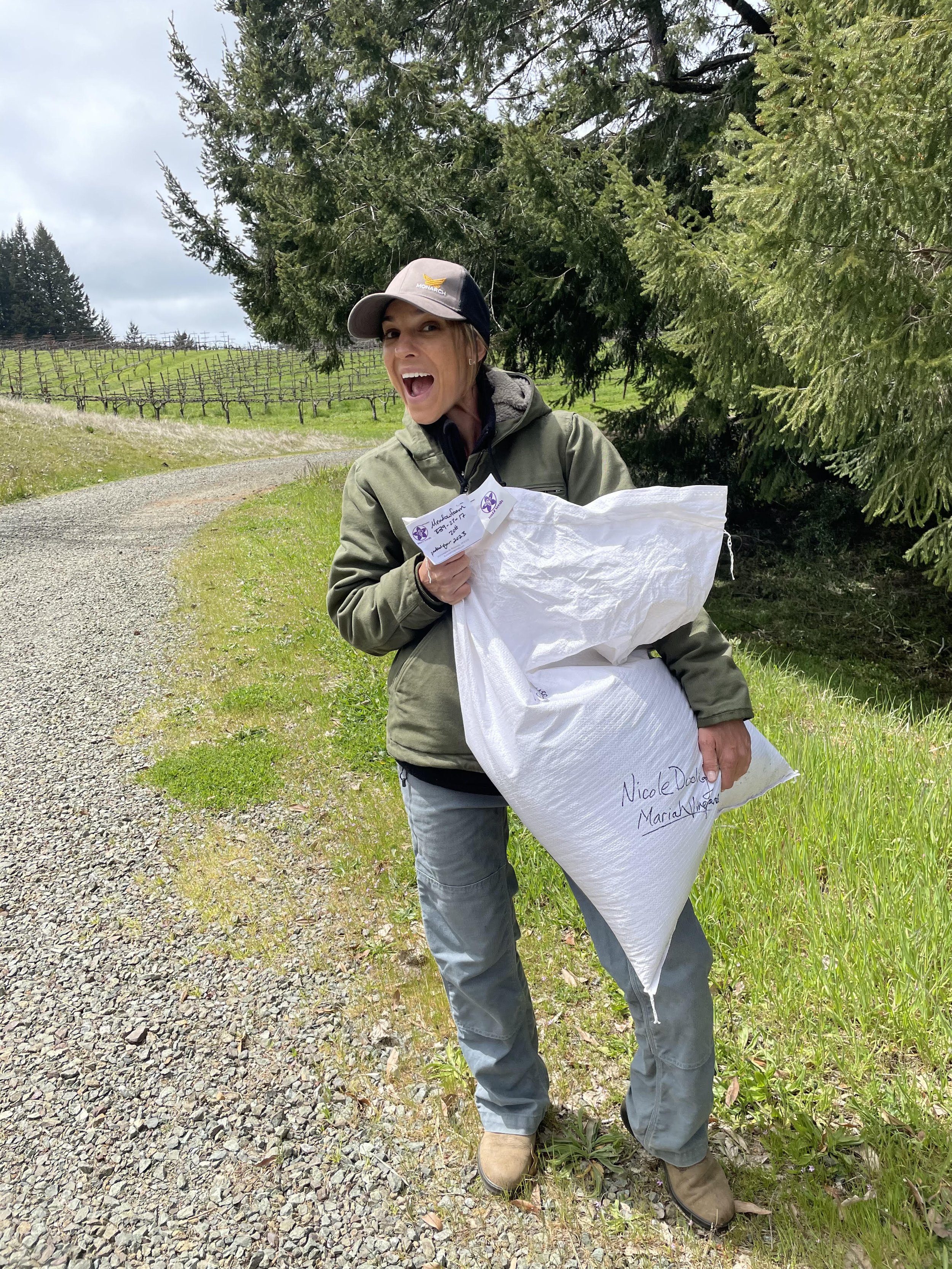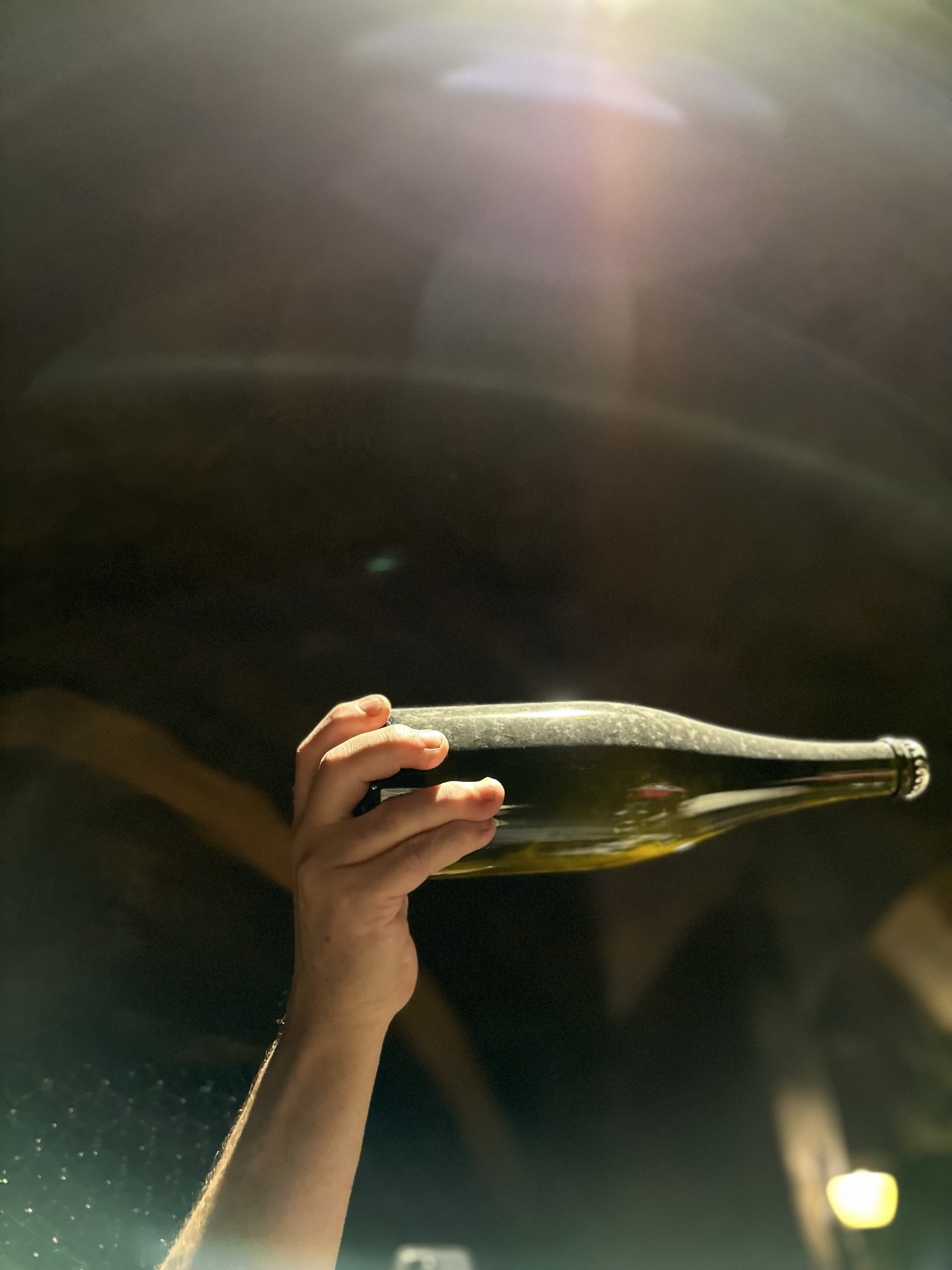Giving Tuesday, 2023
For Giving Tuesday, I’m asking for your help to fund these four BGO projects. These are the core projects of our mission; each one has had a significant impact on my life personally – and they’ve also had a combined impact of conserving billions of bees and reaching thousands of community members, with so many more to go.
Numbers two and four have been in our wheelhouse for years, numbers one and three are just kicking off and have immense potential to make a positive difference on many levels.
Bees are not only a keystone of our food system, but they are an essential part of biodiversity in our wild places. Please show your support by making a donation today.
1. Bee & Bison Habitat Project: The modern agricultural practice of monoculture which creates habitat loss, and an overuse of pesticides and other synthetic chemicals is connected to staggering losses of honey bee colonies. What if a major solution for bee loss is a bison burger?
Holistically managed bison herds are currently being utilized to mimic the historical ecological impact these animals had on the pre-colonial Great Plains. We theorize the trophic rewilding of the landscape at the 28,000-acre 777 Bison Ranch – which is grazed by a herd of over 2,400 American bison and 1,124 honey bee colonies – has restored nutrient dense habitat for bees.
To understand the potentially synergistic or mutualistic interactions between honey bees, native bees, and bison we have installed multi-year vegetation and pollinator monitoring areas at the ranch. These efforts will examine bee nesting frequency, bee habitat, bee communities, and flower pollen availability and nutritional content. Findings from our project could positively influence future conservation, policy, and land management decisions for both bees and bison.
2. Bee Hopeful: In early 2023 I stepped down from my role as the Kids and Bees director for the American Beekeeping Federation to focus more time on our habitat initiatives. But as an educator for the last twenty years, I could never fully step away from teaching my favorite students (kids) about my favorite subject – BEES! I’ve spent the last few months reimagining how I could continue to support bee and beekeeping education. I want teachers, students, and beekeepers to “Bee Hopeful” that our bees and our planet can be saved, and I want to give them the tools they need to join in on the conservation of our urban, rural, and wildland bees. To support them, my team and I have been working on two guidebooks (one for teachers with NGSS curriculum, and one for beekeepers). We’re also going to begin work on a guidebook for how to utilize bees to work with kids on the “spectrum.” And finally, we’re fundraising to create a professional development course that will be available in-person and online to support educators in utilizing the guidebooks/curriculum.
3. Coexistence & Bee Habitat Regeneration in the Greater Yellowstone Ecosystem: In 2018 I attended an EcoFarm workshop titled, “Range Riders: Coexisting with Predators,” featuring J Bar L Ranch’s Hilary Anderson-Zaranek. As a UM conservation student in 2008-2009, I was all-too-familiar with the dynamic between Montana ranchers and wolf re-introduction. I hung on every word of the poetic presentation on low-stress livestock handling techniques and living within her cattle herd to protect them from bears and wolves (and visa-versa, in a way), but what stuck with me were the accounts of ecosystem recovery. I questioned how Jar Bar L’s management transition to predator coexistence could affect local bee communities; did they recover along with the rest of the ecosystem?
In 2023 I was able to visit J Bar L, as well as other ranches managed by the Andersons. I have preliminary data that demonstrates a correlation of regenerative, predator coexistence ranching practices and high bee biodiversity.
Livestock-based agriculture needs clear, replicable examples of operations that achieve profitability through predator coexistence, bee diversity preservation, and community building. I’m honored to collaborate with this family to collect qualitative and quantitative data that could positively inform policy and the agricultural community.
4. Bee Friendly Vineyards: Over the last few years we’ve collaborated with vineyards in Oregon’s Willamette, Rogue, and Applegate Valleys with three primary goals – to implement practices that will (1) increase flowers, (2) decrease spraying, and (3) ensure that these methods will benefit both the grape vines and our bees.
You would think my favorite perk of working within the wine industry would be all of the delicious wine I get to drink. But that’s not it. It’s the relationships that have been built between the wine makers and myself, the BGO team, and even my family. I deeply care about the people we get to work with and am forever grateful for them for taking the risk to lean into their creativity for our bees. We’ve had some fails, but we’ve had some stellar wins, and made some stellar wines.
We now have the chance to break into the California wine making world with the most perfect collaborators, who are truly leaders and influencers in their community. I met Mariah Vineyard’s Nicole Dooling and her husband, Michael Frey, at a soil health conference this year and we were instant bee conservation bffs. Leaders in organic and regenerative wine making, their website headline says it all, “Mariah Vineyard is farming beyond sustainability as the first Savory Institute Global ‘Land to Market Verified Regenerative’ vineyard.”
Nicole and I started trialing seeds and ideas this year, but we’re ready to step it up and start implementing some large-scale projects that will benefit bees, the soil, the wine grape growing community, and you! As I’m sure you would like to drink wine from grapes that are grown in a vineyard that supports bees and avoids leaning hard into chemical inputs?
We’re a small grassroots environmental non-profit that creates a deep impact where we work. Your dollars mean so much to myself and the whole BGO hive. Thank you for your generosity this Giving Tuesday!

